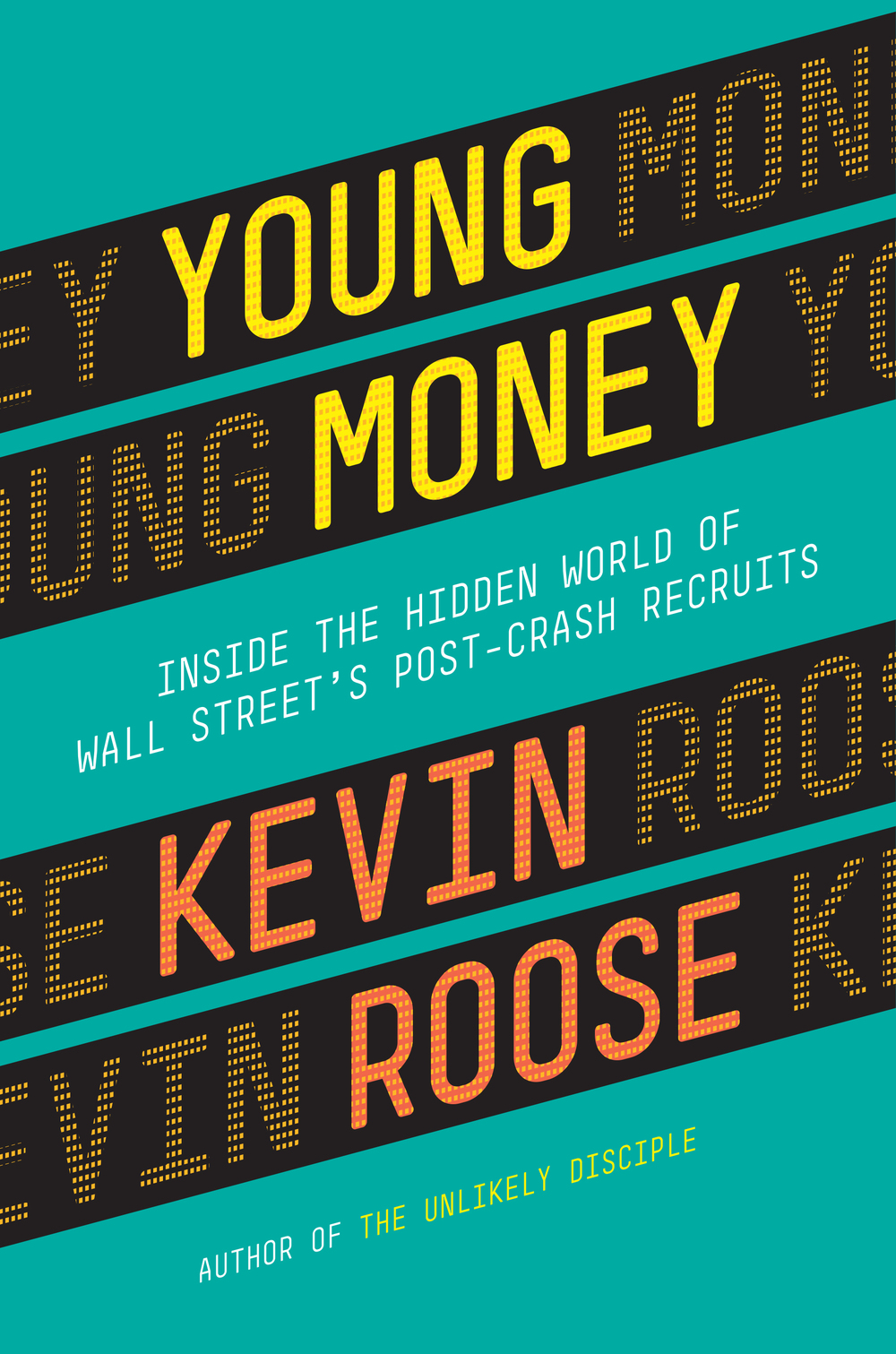Chelsea arrived at the Crowne Plaza in June for her first day of training. There, for the first time, she saw how slapdash and hastily assembled the new Bank of America Merrill Lynch really was. There were hundreds of analysts, startlingly few managers, and an obvious shortage of supervision. There was also a culture clash that was unmistakable. Bank of America, the country’s largest commercial bank, employed more than two hundred thousand people, and had retail branches and ATMs spread out across the country. Merrill Lynch, on the other hand, was a white-shoe firm with a proud history of elitism. Its investment bank was blue-blooded in temperament and composition, recruited primarily from Ivy League schools, and did the more lucrative work of advising corporations, issuing securities, and managing money for ultra-wealthy individuals. In fact, many at Merrill Lynch considered commercial banking – the business of taking deposits, issuing mortgages, and giving loans to regular people – a lower form of commerce.
Chelsea quickly found she could scan the room and pick out the Merrill kids. They has expensive ties, jutting jaws, and looks of mild disgust on their faces. They had been recruited to work for one of the most prestigious firms on Wall Street, but now found themselves working for what they considered a lesser enterprise. To them, it was as if Tiffany had merged with Costco, and now they were stuck selling pristine jewels next to freezers of chicken cutlets.
***
 Only every once in a great while, does the perfect author come upon the perfect subject matter for a book at the perfect time in history for it to be written. But despite the rarity of this serendipitous confluence of factors, we’ve been fortunate every now and then. In the case of the new book ‘Young Money: Inside the Hidden World of Wall Street’s Post-Crash Recruits
Only every once in a great while, does the perfect author come upon the perfect subject matter for a book at the perfect time in history for it to be written. But despite the rarity of this serendipitous confluence of factors, we’ve been fortunate every now and then. In the case of the new book ‘Young Money: Inside the Hidden World of Wall Street’s Post-Crash Recruits‘ by Kevin Roose, we’ve just pulled all three pairs of cherries on the slot machine. Lucky us.
For decades, the inner workings of Wall Street’s training program have been the subject of rumor, innuendo and fascination. Although we’d gotten glimpses of it – notably from Michael Lewis’s ‘Liar’s Poker’, the literary antecedent of Roose’s book – we’ve never truly had an account bring us this close before. ‘Young Money‘ offers us an almost first-person narrative of what it’s like to go through this apotheosis – this process by which an inexperienced undergrad becomes one of the highest paid corporate employees in America over the course of just a few years.
The author spent years tracking and keeping in touch with his subjects, real-life Masters of the Universe-in-training, as their sanity teetered on the precipice and their extra-firm relationships broke down. We get a front-row seat for post-Credit Crisis Wall Street, witnessing all the attendant uncertainty that surrounds both our young protagonists as well as the unsettled firms they’re dying to work for.
The book will, of course, affect different people in disparate ways. The veteran banker or trader, who’s lived through these rites and rituals of labor and mind-fuckery, will read ‘Young Money‘ with perhaps some combination of wistfulness, regret and mirth. Less-experienced industry aspirants may enjoy it as an affirmation that they are hardly the only ones who’ve had to pay their dues before, even if the book calls into question just how bright that light at the end of the tunnel truly is. For the rest of us – those who’ve never gone through the big-firm hiring-and-hazing process – ‘Young Money‘ is more likely to make us glad of that fact than to regret it.
Regardless of what your background may be, financial sector professional or curious civilian, the book is written in plain English and reads at a breezy pace, despite the heft of insight contained within (I read it in a weekend). ‘Young Money‘ is, at its heart, the story of ambitious people and what they’re willing to endure to make it on The Street. It’s also an inadvertent explanation for why The Street never loses, and always emerges from every crisis stronger than before – the resilience of the “human capital” these firms attract is Exhibit A. Lastly, the book is, improbably, both a motivational story as well as a cautionary tale all at once – you can fight for what you want too, but be careful what you wish for!
I recommend ‘Young Money‘ to all audiences, there is plenty in here for any reader with any level of familiarity with the topic.
2014 has its finance book to beat.
***
Buy it on Amazon, where it is already a #1 seller, here:
Young Money: Inside the Hidden World of Wall Street’s Post-Crash Recruits
More on Kevin Roose, the author




generic cialis daily pricing
American health
how to buy cialis online from canada
USA delivery